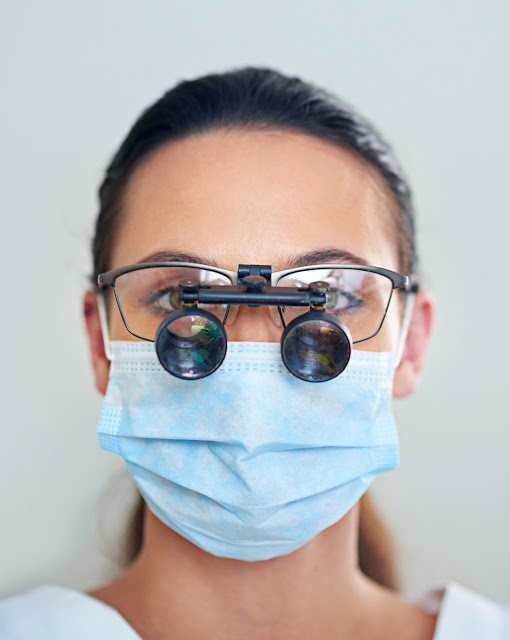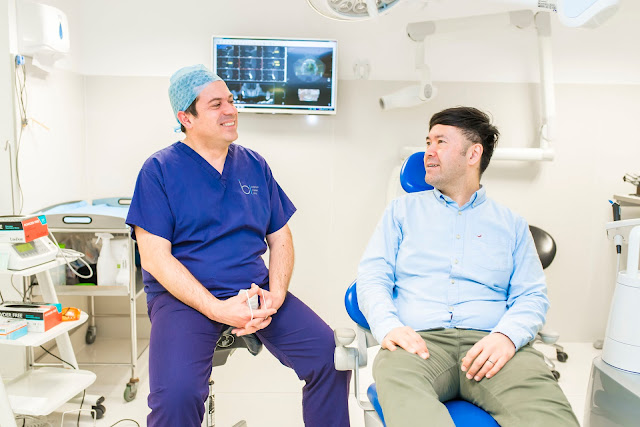ORAL HEALTH MATTERS! UNDERSTANDING WHAT TO DO
UNDERSTANDING WHAT TO DO
According to dental health experts, taking proper care of dental and oral health is extremely important for preventing plaque accumulation, which is the main cause of most oral health problems, including gum disease as well as tooth decay. Therefore, it is very important to encourage proper oral hygiene practices and regular dental visits at all levels.
HERE IS AN INSIGHT INTO SOME OF THE MOST USEFUL AND REWARDING ORAL HYGIENE PRACTICES:
UNDERSTANDING WHAT TO DO
According to dental health experts, taking proper care of dental and oral health is extremely important for preventing plaque accumulation, which is the main cause of most oral health problems, including gum disease as well as tooth decay. Therefore, it is very important to encourage proper oral hygiene practices and regular dental visits at all levels.
HERE IS AN INSIGHT INTO SOME OF THE MOST USEFUL AND REWARDING ORAL HYGIENE PRACTICES:
USE OF ANTISEPTIC MOUTHWASHES AND FLUORIDE
Regular tooth-brushing and flossing is highly effective in removing plaque-causing bacteria. Dentists recommend using antiseptic mouthwashes for treating bad breath as well. Moreover, fluoride is an essential mineral for protecting and strengthening the teeth naturally. And this is why, using fluoride-based toothpaste, dental products and fluoridated drinking water is strongly recommended for maintaining healthy teeth.
Oral Health and Life Stages
The ideal time to start working on dental care is infancy. In fact, there are important dental heath and oral hygiene practices that should be established at different life stages.
During infancy, a moist cloth should be used for wiping the teeth clean. Limited amounts of toothpaste should be used, particularly if the toothpaste contains fluoride because using excessive amounts of this ingredient can have toxic effects on infants.
On the contrary, adults wearing full/partial dentures need to follow proper oral hygiene practices as recommended by their dentist for preventing gum disease. Denture wearers should have regular dental visits for ensuring proper realignment and adjustment of the dentures, which is needed for preventing red and inflamed gums.
How To Brush Teeth?
It is important to understand that the teeth should be brushed thoroughly but not very vigorously because rough movements can lead to irritation of oral tissues.
Dental flossing is also very important for maintaining healthy teeth. If the problem of sore or bleeding gums is experienced during the first few days following flossing, it should be considered normal. But, if bleeding lasts a week or more, the dentist should be consulted immediately.
Precautionary Measures
The best way to prevent serious oral diseases is visiting the dentist on a regular basis, especially every six months for monitoring dental as well as oral health. Regular dental cleaning along with essential fluoride treatment and dental scaling is highly essential for removing accumulated plaque.
THE DO’S AND DON’TS OF EATING HABITS
According to dental health experts, many patients aren’t aware of the fact that dental health is greatly influenced by the kind of diet an individual consumes. Avoiding decay-causing foods is only possible when individuals are aware of tooth-damaging foods and healthy alternatives, which is why, staying up-to-date on proper oral health practices and tooth-friendly eating habits is very important.
Foods with high sugar content and acidic beverages can negatively affect the tooth enamel. Moreover, sticky foods aren’t easily washed away from the surface of teeth, and therefore, consumption of sticky foods should be limited. Most dental experts recommend eating fiber-rich foods like fresh fruits and vegetables for increasing the saliva flow, which is essential for neutralizing acids in the mouth while removing food particles and sugars trapped in between teeth.
Ready To Find Out More About Oral Health Matters ?
Get in touch with us today to make an appointment with one of our hygienists or dentists to ensure your oral health.
According to dental health experts, taking proper care of dental and oral health is extremely important for preventing plaque accumulation, which is the main cause of most oral health problems, including gum disease as well as tooth decay. Therefore, it is very important to encourage proper oral hygiene practices and regular dental visits at all levels.
HERE IS AN INSIGHT INTO SOME OF THE MOST USEFUL AND REWARDING ORAL HYGIENE PRACTICES:
UNDERSTANDING WHAT TO DO
According to dental health experts, taking proper care of dental and oral health is extremely important for preventing plaque accumulation, which is the main cause of most oral health problems, including gum disease as well as tooth decay. Therefore, it is very important to encourage proper oral hygiene practices and regular dental visits at all levels.
HERE IS AN INSIGHT INTO SOME OF THE MOST USEFUL AND REWARDING ORAL HYGIENE PRACTICES:
USE OF ANTISEPTIC MOUTHWASHES AND FLUORIDE
Regular tooth-brushing and flossing is highly effective in removing plaque-causing bacteria. Dentists recommend using antiseptic mouthwashes for treating bad breath as well. Moreover, fluoride is an essential mineral for protecting and strengthening the teeth naturally. And this is why, using fluoride-based toothpaste, dental products and fluoridated drinking water is strongly recommended for maintaining healthy teeth.
Oral Health and Life Stages
The ideal time to start working on dental care is infancy. In fact, there are important dental heath and oral hygiene practices that should be established at different life stages.
During infancy, a moist cloth should be used for wiping the teeth clean. Limited amounts of toothpaste should be used, particularly if the toothpaste contains fluoride because using excessive amounts of this ingredient can have toxic effects on infants.
On the contrary, adults wearing full/partial dentures need to follow proper oral hygiene practices as recommended by their dentist for preventing gum disease. Denture wearers should have regular dental visits for ensuring proper realignment and adjustment of the dentures, which is needed for preventing red and inflamed gums.
How To Brush Teeth?
It is important to understand that the teeth should be brushed thoroughly but not very vigorously because rough movements can lead to irritation of oral tissues.
Dental flossing is also very important for maintaining healthy teeth. If the problem of sore or bleeding gums is experienced during the first few days following flossing, it should be considered normal. But, if bleeding lasts a week or more, the dentist should be consulted immediately.
Precautionary Measures
The best way to prevent serious oral diseases is visiting the dentist on a regular basis, especially every six months for monitoring dental as well as oral health. Regular dental cleaning along with essential fluoride treatment and dental scaling is highly essential for removing accumulated plaque.
THE DO’S AND DON’TS OF EATING HABITS
According to dental health experts, many patients aren’t aware of the fact that dental health is greatly influenced by the kind of diet an individual consumes. Avoiding decay-causing foods is only possible when individuals are aware of tooth-damaging foods and healthy alternatives, which is why, staying up-to-date on proper oral health practices and tooth-friendly eating habits is very important.
Foods with high sugar content and acidic beverages can negatively affect the tooth enamel. Moreover, sticky foods aren’t easily washed away from the surface of teeth, and therefore, consumption of sticky foods should be limited. Most dental experts recommend eating fiber-rich foods like fresh fruits and vegetables for increasing the saliva flow, which is essential for neutralizing acids in the mouth while removing food particles and sugars trapped in between teeth.
Ready To Find Out More About Oral Health Matters ?
Get in touch with us today to make an appointment with one of our hygienists or dentists to ensure your oral health.






Comments
Post a Comment